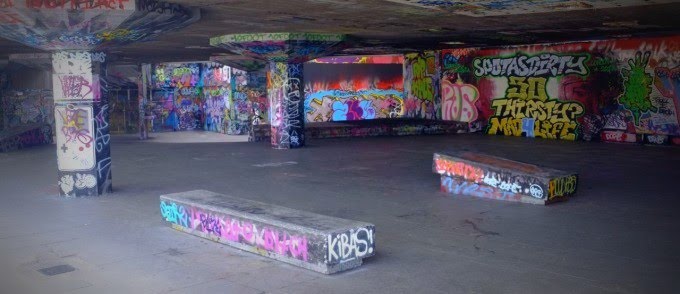How do we define Intangible Cultural Heritage?
To what extent is it promoted and safeguarded in the UK?
Performing Arts, story telling, rituals, oral traditions, festivals, knowledge and universal beliefs are classified as Intangible Cultural Heritage or ICH which form a key part of the UK’s cultural history,ethnic identity and the practise of everyday life. However, in contrast to tangible heritage, associated with material culture and architecture that can be touched, intangible cultural heritage practises are not static. They evolve and are passed down from one generation to the next through the transmission of tradition.
Within the UK this brings its own risk and raises questions regarding the safeguarding of culture. What do we value and what
do we want to preserve? Scateboarding on the Southbank and the ‘living spaces’ these are performed or traditional heritage crafts such as thatch and basket weaving? Should it be an either/or for future generations?
Combining theoretical and practical examples from a range of speakers including the Heritage Lottery Fund, The Society of Story Telling, The Horniman Museum and Heritage Craft Association, these questions were discussed at the ICOMOS-UK inaugral conference in collaboration with the Royal Anthropological Institute (RAI) at the Museum of Docklands on 20th September 2014.
For further details on the conference and role of the International Council on Monuments and Sites UK clik on the website below

Recent Comments